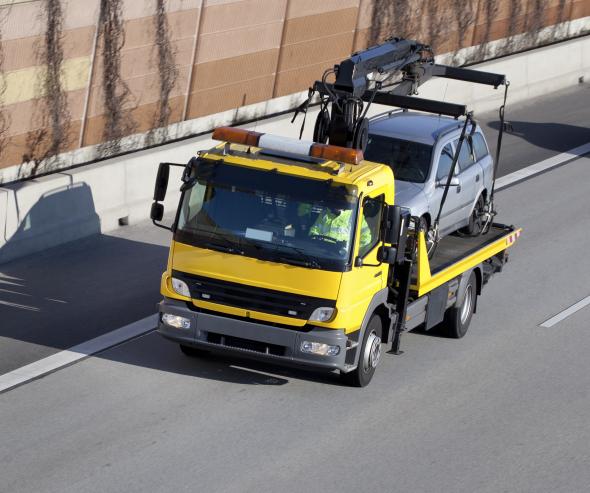16th February 2009: Motorway breakdown services

The Conseil de la concurrence issues a decision that will strengthen competition for the benefit of motorway users
The Conseil de la concurrence has issued a decision, making commitments offered by several motorway operators (ASF, Escota, APRR, AREA, SANEF, SAPN, Cofiroute, ALIS, SFTRF and ATMB) officially binding. The commitments are intended to improve competition in the breakdown services sector. The Conseil opened proceedings ex officio, after the European Commission referred to it a complaint filed by the company Rapidépannage, concerning the conditions in which motorway breakdown service companies in France were authorized.
For safety reasons, motorway breakdown services in France are subject to special conditions: service providers are required to obtain official authorization in order to operate. This authorization, issued by the concession holders responsible for operating the motorways based on recommendations by an inter-département commission chaired by the prefect, requires breakdown services companies to comply with a particularly restrictive set of specifications. They must be able to respond to requests for roadside assistance 24 hours a day, 365 days a year, within a period of 30 minutes for light vehicles. In exchange for meeting this stringent requirement, they are granted a monopoly on callouts. Furthermore, the price of breakdown services for light vehicles is regulated.
The Conseil de la concurrence’s concerns: insufficient competition and a lack of transparency in authorization criteria
The investigation revealed that the process by which breakdown and towing service authorizations are granted for French motorways is somewhat opaque . On the one hand, the authorizations are not always issued through a sufficiently competitive process, whilst on the other hand, they are excessively long in duration, since they have rarely been reviewed, even though some were issued in the 1970s.
The commitments offered by the motorway concession holders and accepted by the Conseil
To remedy the competition concerns raised by this situation, the motorway operators offered commitments, to:
· organize competitive tendering processes open to all the motorway breakdown service companies on their network within a period of three years;
· detail and clarify the procedures by which they intend to invite and examine tenders, to ensure greater transparency: introducing objective and easily-verifiable criteria relating to the quality of equipment or the qualification of personnel, but also introducing a price criterion for non-regulated services, which will stimulate price competition;
· limit the duration of breakdown services concessions to five years for light vehicles and seven years for heavy goods vehicles, based on the depreciation period of the equipment required to operate this activity.
The Conseil took the view that these commitments amounted to a satisfactory response to the competition concerns it had raised. It therefore closed the case, and made the commitments offered, which were improved and clarified during the hearing before the Conseil, binding upon the parties
